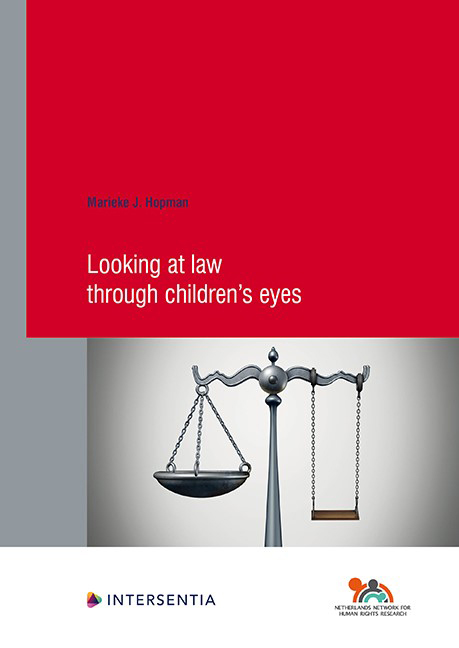Chapter 9 - Research Impact
Published online by Cambridge University Press: 25 May 2021
Summary
INTRODUCTION
In this chapter I will answer the second part of the main question of this thesis: If violations of children's rights in different cultural, social and political contexts can be better understood if analyzed within a legal pluralist framework, taking into account the child's perspective and the power relations corresponding to the different legal orders surrounding children, (how) can this understanding be used to improve the concrete situation of children?
Within the range of different reasons to do research, from purely theoretical curiosity to wanting to solve an issue directly, this study fits in the category of “use-inspired basic research”, namely research that has as its purpose both a quest for fundamental understanding, as well as a consideration for use. While the question whether the study has indeed provided fundamental understanding was answered in the previous chapter, in this chapter I want to answer the question whether the study has indeed provided understanding and insight that is useful for improving the concrete situation for children. In the context of this study, there are two elements to this question: on the one hand, does the study indeed provide this type of information, in terms of its content? On the other hand, if it does, does it contribute to improving the situation for children, rather than only on a theoretical level (and if so, how?).
USEFUL INFORMATION
As regards this first question, I think that this can be answered relatively easily. In general, it seems to me that any study that provides a good understanding of a social issue, and in particular any study that provides a better understanding of the issue than already exists in the literature, provides information that is useful for improving the concrete situation being researched. The only condition probably depends on the choice of the research subject and whether this choice is motivated towards a morally justifiable end. What constitutes a morally justifiable end is of course debatable, however, this study seems to adhere to the stricter, as well as the broader, criteria set by different authors. For example, Dyson argues that “science works for evil when its effect is to provide tools for the rich, and works for good when its effect is to provide necessities for the poor”.
- Type
- Chapter
- Information
- Looking at Law through Children's Eyes , pp. 371 - 384Publisher: IntersentiaPrint publication year: 2021

